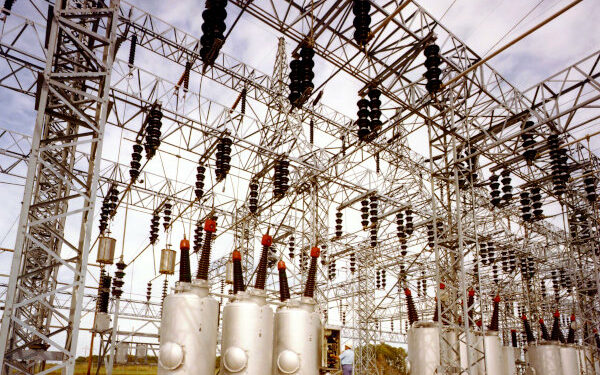New IPP Deal to Save Ghana $300m – Energy Minister
The Minister for Energy and Green Transition, John Abdulai Jinapor, has disclosed that government has reached a new agreement with Independent Power Producers (IPPs), a move expected to save the country approximately US$300 million.
Speaking during a working visit to the Volta River Authority (VRA), Mr Jinapor emphasised the need to depoliticise the energy sector, describing it as a critical national asset that demands unity, professionalism, and collective responsibility.
“So far, this sector is experiencing some significant progress,” the Minister stated. “We’ve negotiated with the IPPs, and based on the numbers I’m seeing, I’m confident that we can save a lot of money. So far, what the IPP renegotiating team has done tells me that we are saving about 300 million US dollars from the IPPs.”
Mr Jinapor noted that while the previous administration made progress in renegotiating existing IPP contracts, the current government has secured improved terms to maximise savings and efficiency.
“The previous administration did their bit. We’ve also come to improve on it—and that is what we ought to be doing,” he said. “It’s not always about politics. Let’s sometimes put the nation’s interests first. If we do it, we do it for Ghana. Before the next four years, let’s put VRA first, let’s put Ghana first, and let’s work together to turn around this sector.”
Rising fiscal pressure from energy sector
The Minister expressed concern over the growing financial strain the energy sector continues to impose on the national budget, revealing that an estimated GH¢28 billion allocation in this year’s budget is being used primarily to clear energy sector shortfalls rather than for new investments.
“This year’s budget is giving us 28 billion, not for investments, but to pay energy sector shortfalls,” he cautioned. “If it continues like that, next year will be 35 billion. If we don’t stop it, what it means is that eventually energy sector shortfalls alone will consume the whole budget.”
According to Mr Jinapor, the high cost of IPP payments over the years could have been channelled into expanding VRA’s generation capacity to ensure cheaper and more sustainable energy supply.
“If you do the economics, and today you look at how much we pay to IPPs every month — about US$70 million — that’s roughly US$840 million every year. If we had escrowed that amount, we could have built more thermal plants with VRA and sold power at a cheaper price,” he explained.
Uneven tariff policies
Mr Jinapor further criticised the uneven enforcement of tariff structures that favour private producers at the expense of state-owned utilities.
“But the reality is that we all pretend. When it’s IPPs, we are compelled to charge and collect the tariffs. So why can’t we do the same with VRA?” he questioned.
The Energy and Green Transition Minister reaffirmed government’s commitment to restoring financial stability and operational efficiency across the energy sector, stressing that sustained collaboration between government, regulators, and stakeholders is essential to achieving long-term energy security.








